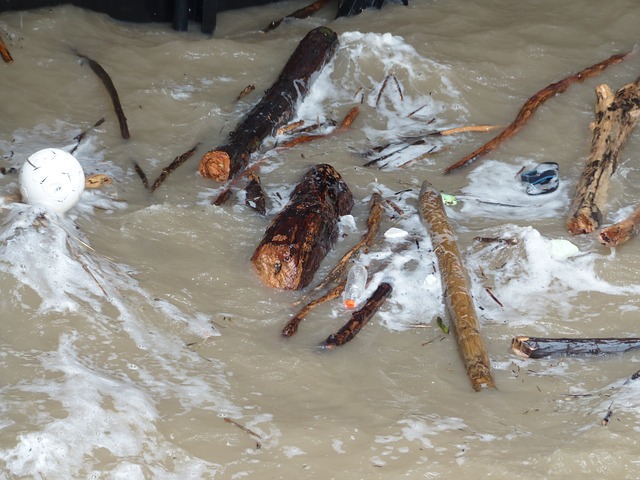Back in 2015, the EPA spilled millions of gallons of toxic waste into a river in Colorado. This single event turned an entire river system orange with over 3 million gallons of toxic water containing heavy metals such as manganese, copper, zinc, and cadmium. Wells and municipal water systems in 3 states were tested for possible contamination.
This was just another reminder about how vulnerable our water supply is . . . one of many reminders over just the past few years. There are a whole slew of threats that can compromise our water—natural disasters, industrial abuses, government accidents—the list goes on.
So that leads me to the question I want to ask you today: Do you know what to do if your water supply becomes contaminated during an emergency?
When disaster strikes and your water supply is disrupted or contaminated, safe drinking water will quickly become your #1 Priority. Who will make sure that your family has the water they need to survive? You, that’s who.
Plain and simple, you need to be ready to take care of your own.
The ability to turn nasty water into pure, safe drinking water in an emergency is an essential skill for pretty much everyone, so I’ve asked water purification expert Glenn Meder if he would update the TGN Community on threats to our water supply. He very kindly agreed, so if you want to learn how to take care of your family’s water supply in an emergency situation, I hope you’ll join us next week for this free online class.
In it, Glenn will teach us how to provide our families with safe drinking water independent of municipal sources or supply chains for long periods of time, and how to assess a water emergency and make smart decisions.
Here’s the important info:
5 Things You MUST KNOW to Provide Your Family With
Safe Drinking Water in an Emergency
A FREE Online Class
Thursday, April 25
7:00 p.m. CDT (8:00 p.m. ET / 6:00 p.m. MT / 5:00 p.m. PT)
Glenn’s an expert on this subject. He grew up working in his family’s water-treatment business, and he has a better understanding of the details of water treatment than anyone else I’ve ever met.
So, needless to say, we’re pretty excited that he’ll be offering this class to our TGN Community. I promise you’ll be glad you took one hour to review this lifesaving information.
(Oh, and, when you register for next week’s free class, Glenn will send you Water in an Emergency, a simple, practical e-guide to water treatment after an emergency. It takes you beyond bottled water and shows you how to be prepared to produce your own safe drinking water for extended periods of time. You’ll want to print it out and have it with your emergency supplies as a quick reference.)
Marjory Wildcraft is the founder of The Grow Network, which is a community of people focused on modern self-sufficient living. She has been featured by National Geographic as an expert in off-grid living, she hosted the Mother Earth News Online Homesteading Summit, and she is listed in Who’s Who in America for having inspired hundreds of thousands of backyard gardens. Marjory was the focus of an article that won Reuter’s Food Sustainability Media Award, and she recently authored The Grow System: The Essential Guide to Modern Self-Sufficient Living—From Growing Food to Making Medicine.








COMMENTS(1)
Simple answer – Berkey with the bonus filters for contamination beyond the normal city tp water use. If taking water out of a lake or pond or rain collector, first screen it via a clean white t-shirt, then typical coffee filters and finally put the water into the Berkey. Mike Adams the Health Ranger has done extensive testing with the gravity filter system made from stainless steel. It’s very cost effective as well per gallon. Hard to beat in near any crisis. Nearly every homesteader I’ve know over the past 30 years has one of these.